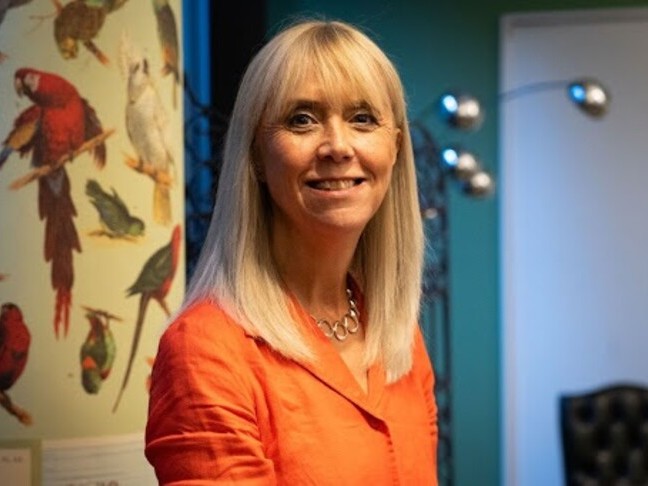More than half (51%) of employees said they would keep working even if they didn’t need the money, research by Cirencester Friendly found.
Out of more than 2,400 people in work, 7% were already in this position.
Just over a third (36%) said they would not continue working if earning money was not needed.
Younger workers were the most likely to stay in work, with almost two-thirds (63%) of under 35s saying they would carry on.
For those aged 55 and over, only 33% said the same.
London had the highest share of people willing to work for more than just pay.
More than half of people in Northern Ireland, the North East, Yorkshire, the West Midlands, the East of England and the South West said they would also keep working.
Wales had the lowest number likely to stay in work if money was not a factor.
There was little difference between men and women, with 53% of men and 49% of women saying they would continue working.
70% said they take a lot of pride in their work, with women slightly higher at 74% compared to 67% of men.
Just over one in 10 (12%) said their work does not give them pride.
Alan Waddington, distribution director at Cirencester Friendly, said: “These results show just how important work is to people.
“It gives them so much more than a regular income – it gives their lives purpose, meaning and pride.
“We continually hear that the younger generation lack a work ethic, but our survey shows this is simply not the case.”
Waddington added: “What may not be as important is working long hours and being driven by money.
“What our survey suggests is that they see it as a way to improve their own self esteem.
“In our world, we see this all too clearly. While people take out income protection to ensure they have the money to pay the essentials no matter what, we talk to customers everyday who want to get back to work.”
He said: “It makes them feel useful and valuable to themselves, their family and society.
“Not having the additional worry of covering their bills lets them do this more quickly.”
















